:format(jpeg))
Color temperature / Kelvin
simply explainedThe color temperature - also known as light color - changes the ambience in the room. Different light colors make it appear warmer or cooler. It is therefore important to pay attention to the color temperature when buying a new light source or a luminaire with permanently installed LED technology in order to choose the right light for living and working.
Our top recommendations
Buying light sources by light color
What is the color temperature / light color?
In contrast to colored (RGB) light, color temperature always refers to the effect of white light. Each light source is made up of different spectral colors. The sum of these colors results in a (different) white, which is perceived as "warm", "neutral" or "cool". The color temperature is measured in Kelvin (K).
:format(jpeg))
Different light colors in use
:format(jpeg))
warm white light (less than 3,300 K)_
universal white light (3,300 to 5,300 K)_
Daylight white light (more than 5,300 K)_
:format(jpeg))
Warm white
<3.300 KelvinThe perfect light for relaxing and living. It has a warm and cozy effect and is therefore mainly used in the living room, dining room or bedroom.
:format(jpeg))
Universal white
3,300 to 5,300 KelvinA functional light that promotes concentration and performance. For this reason, it is used particularly in the study, kitchen and bathroom.
:format(jpeg))
Daylight
>5,300 KelvinDue to the high blue content, "cold white" has an activating effect on the biorhythm. It is used in industry and in the private sector, e.g. in the cellar or workshop.
Facts about Kelvin, light color and color temperature
:format(jpeg))
Yes, this additional function is known as CCT control. This allows individual light sources to be used flexibly for different situations. With the corresponding light sources and LED lights, settings are made by remote control, with smart home lighting systems by smartphone or voice control.
:format(jpeg))
A conventional incandescent lamp has a color temperature of around 2,700 Kelvin. Even today, the light of the light bulb is still regarded as the perfect living light. This is why modern light sources such as LED lamps are based on this light source in terms of light quality and appearance.
:format(jpeg))
Modern office lighting relies on automatically regulated color temperature and brightness to support the biorhythm and therefore the health of employees: Human Centric Lighting (HCL). The progression: increasing brightness and activating light in the morning to warm white in the evening (5,500 to 2,700 K).
:format(jpeg))
Natural daylight has a bluish light color with a color temperature of - depending on the time of day - more than 5,500 Kelvin. The name "daylight" for bluish light sources also comes from the light color of natural daylight. Similar to real daylight, this light has a stimulating effect.







































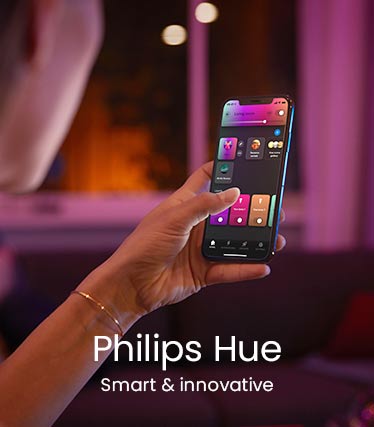









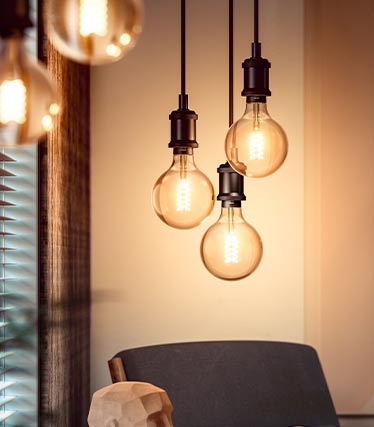








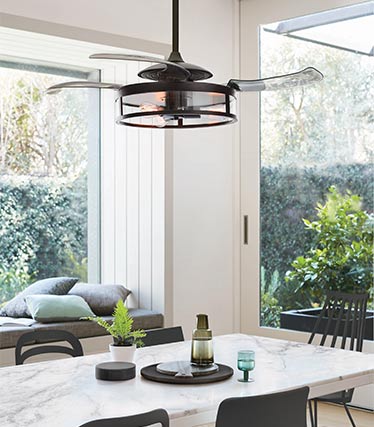

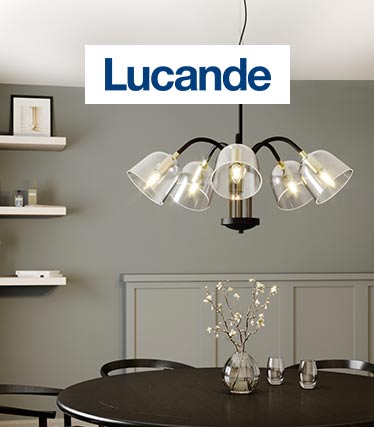









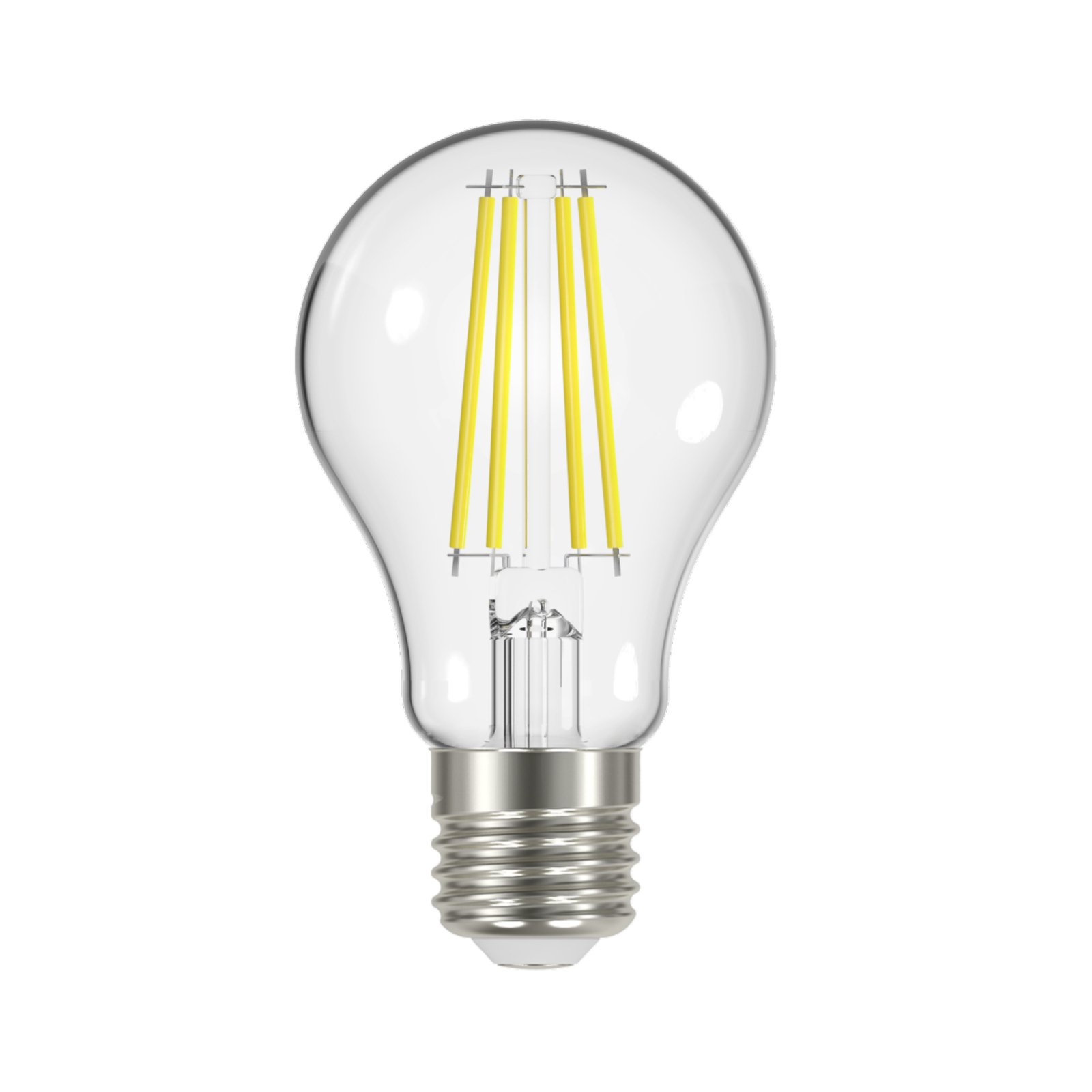
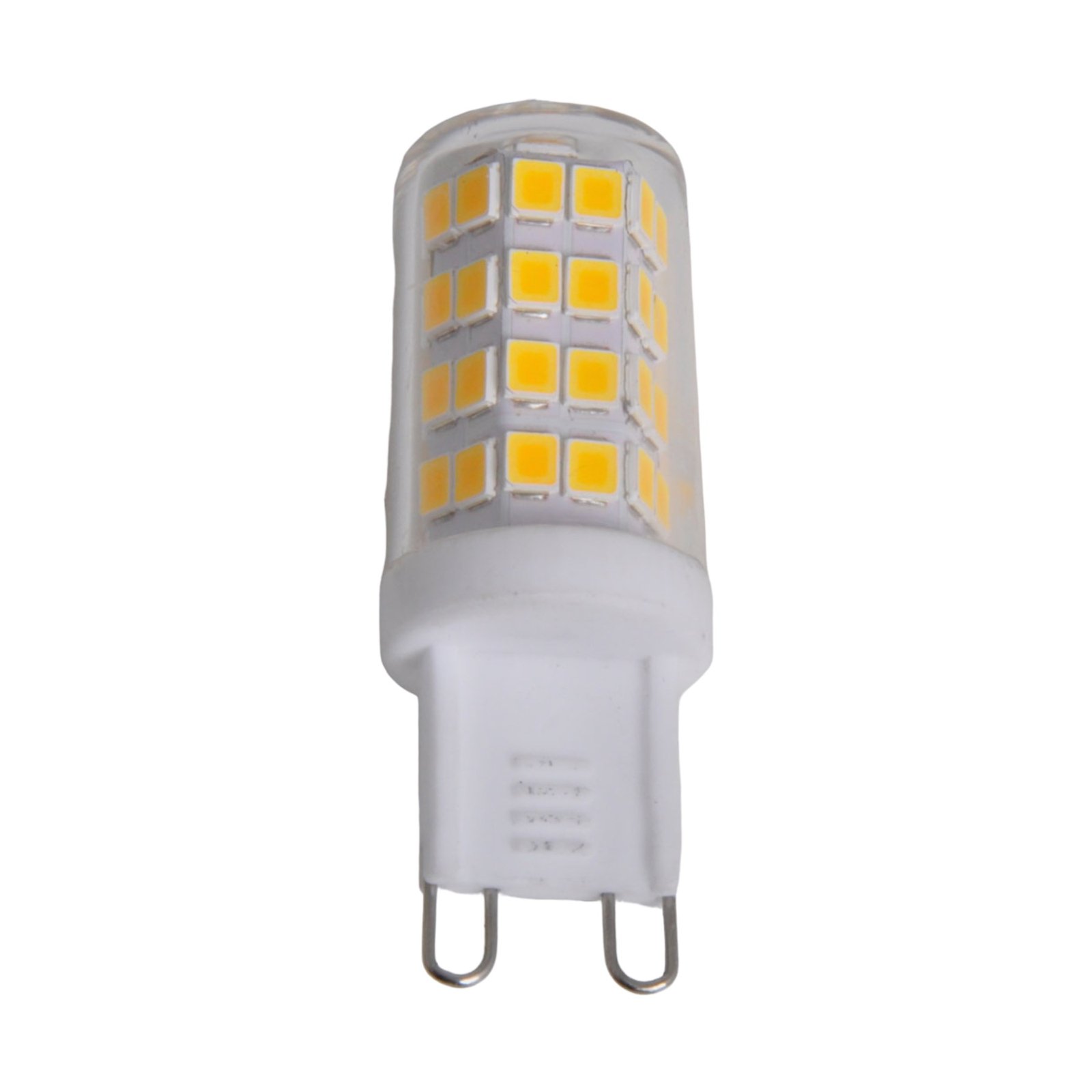
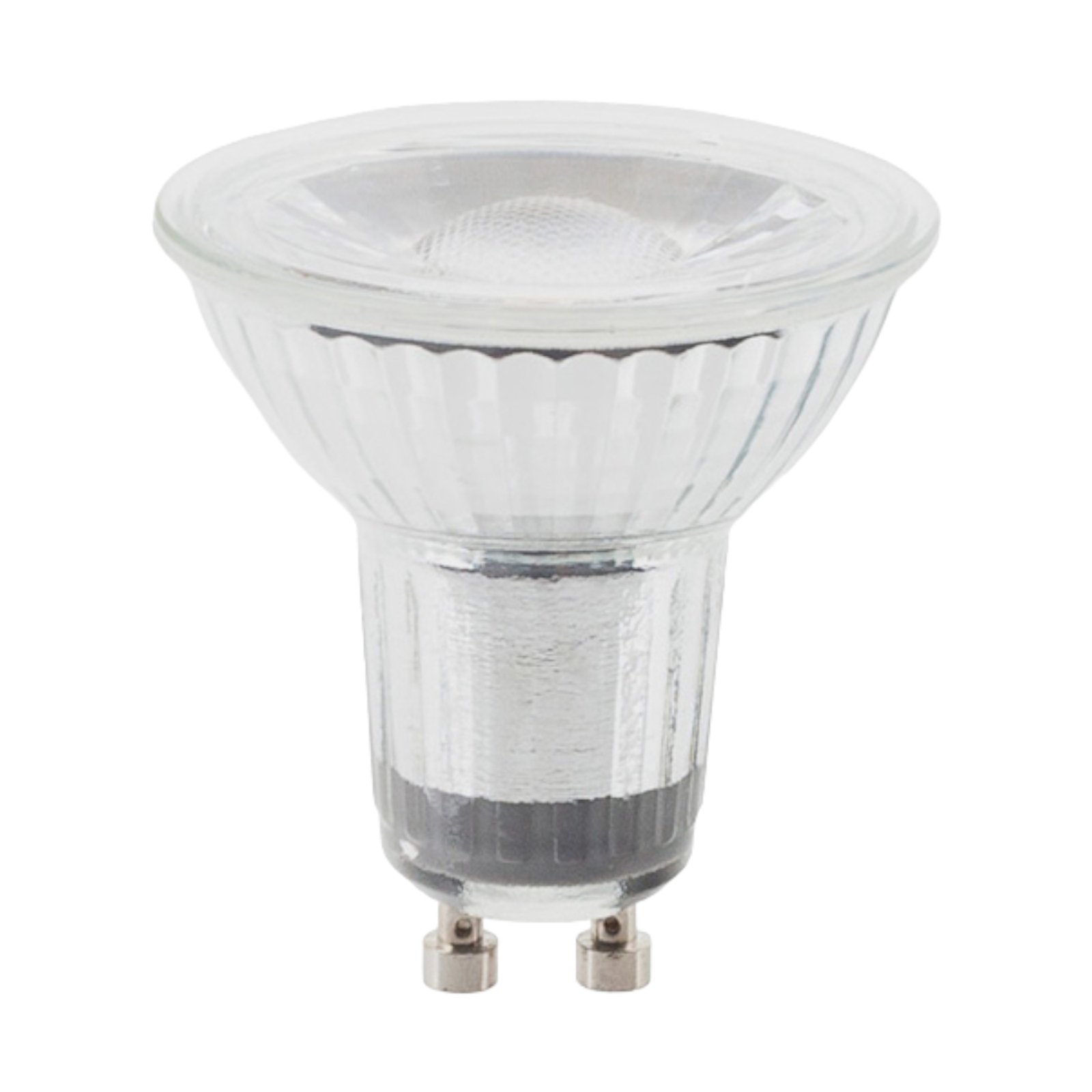
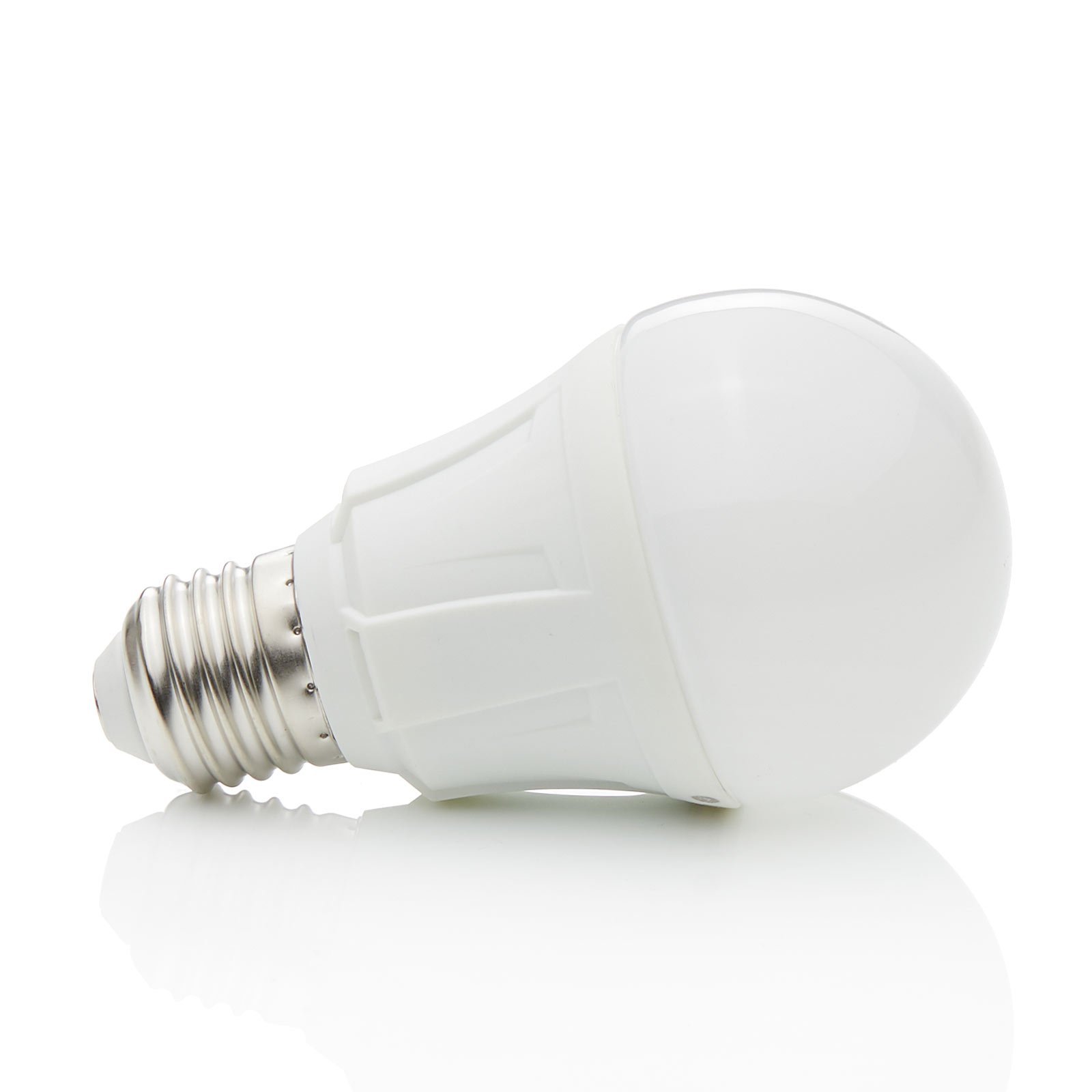
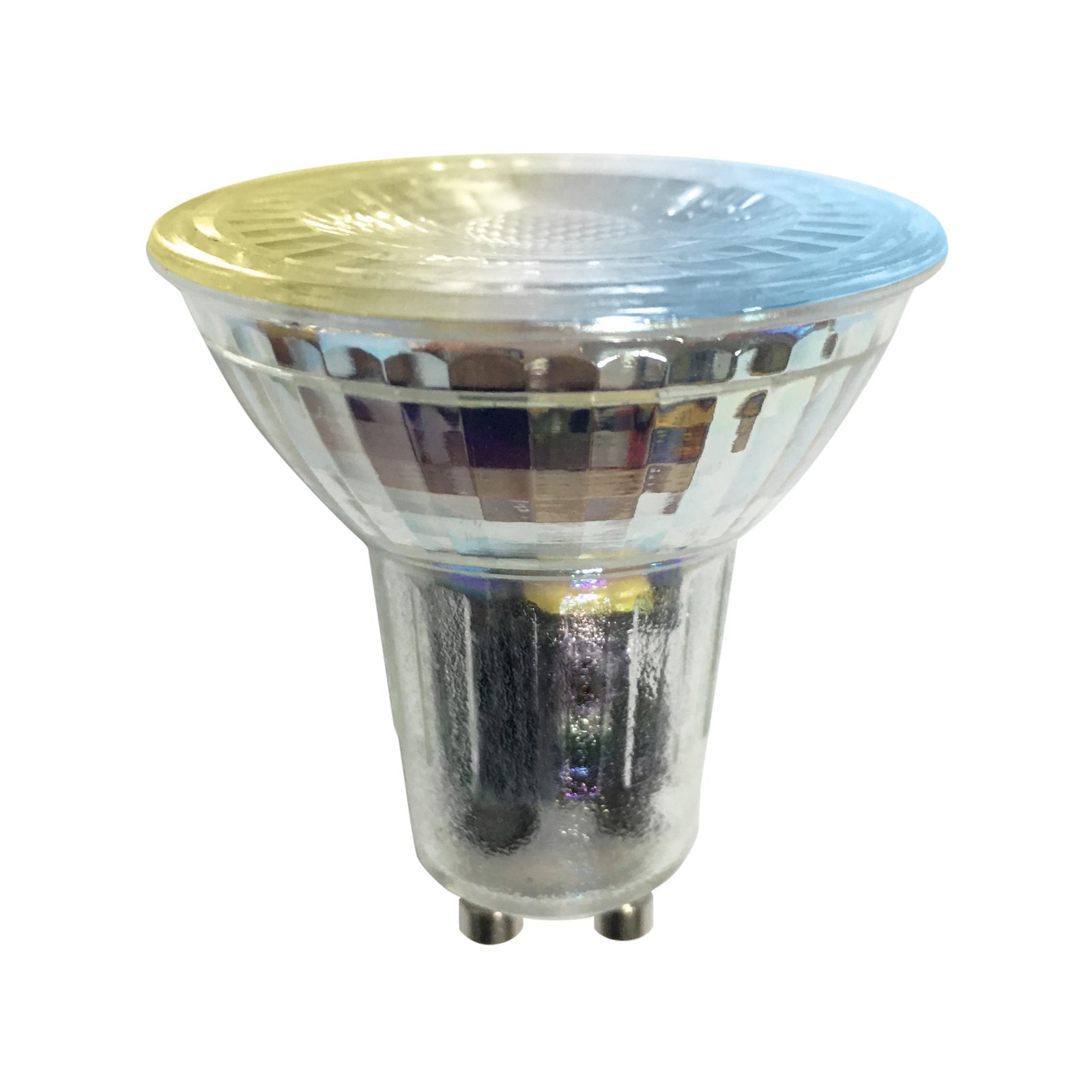
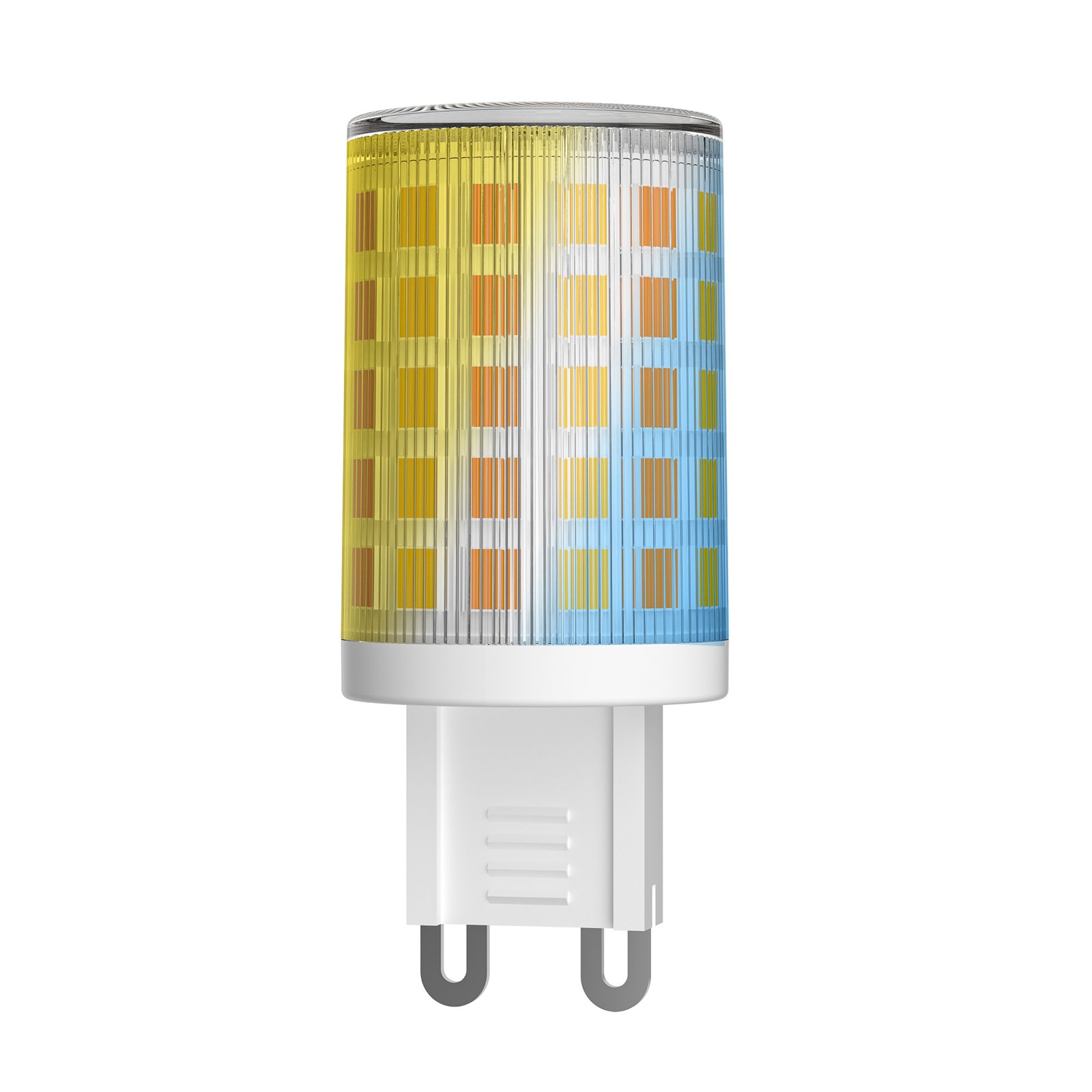
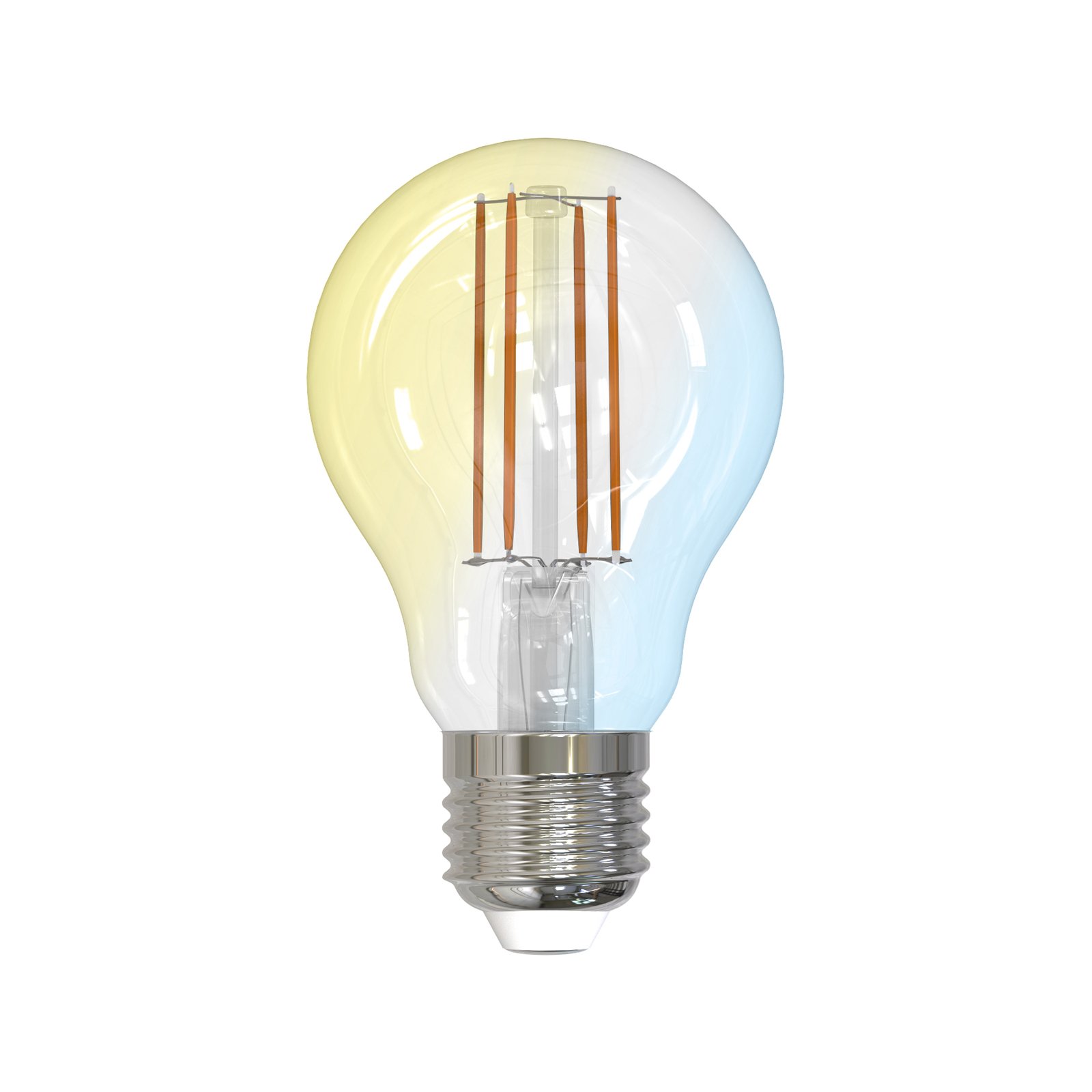
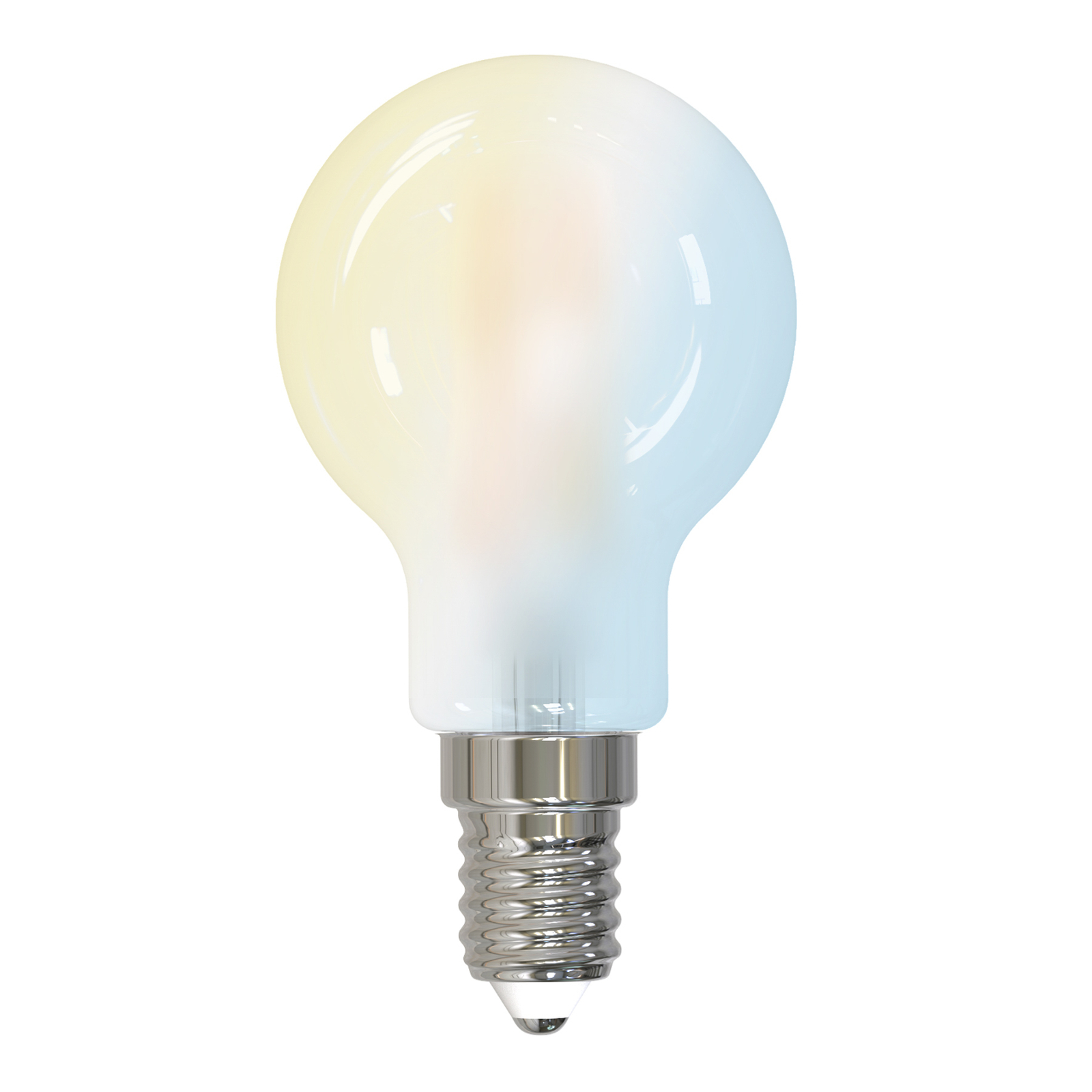
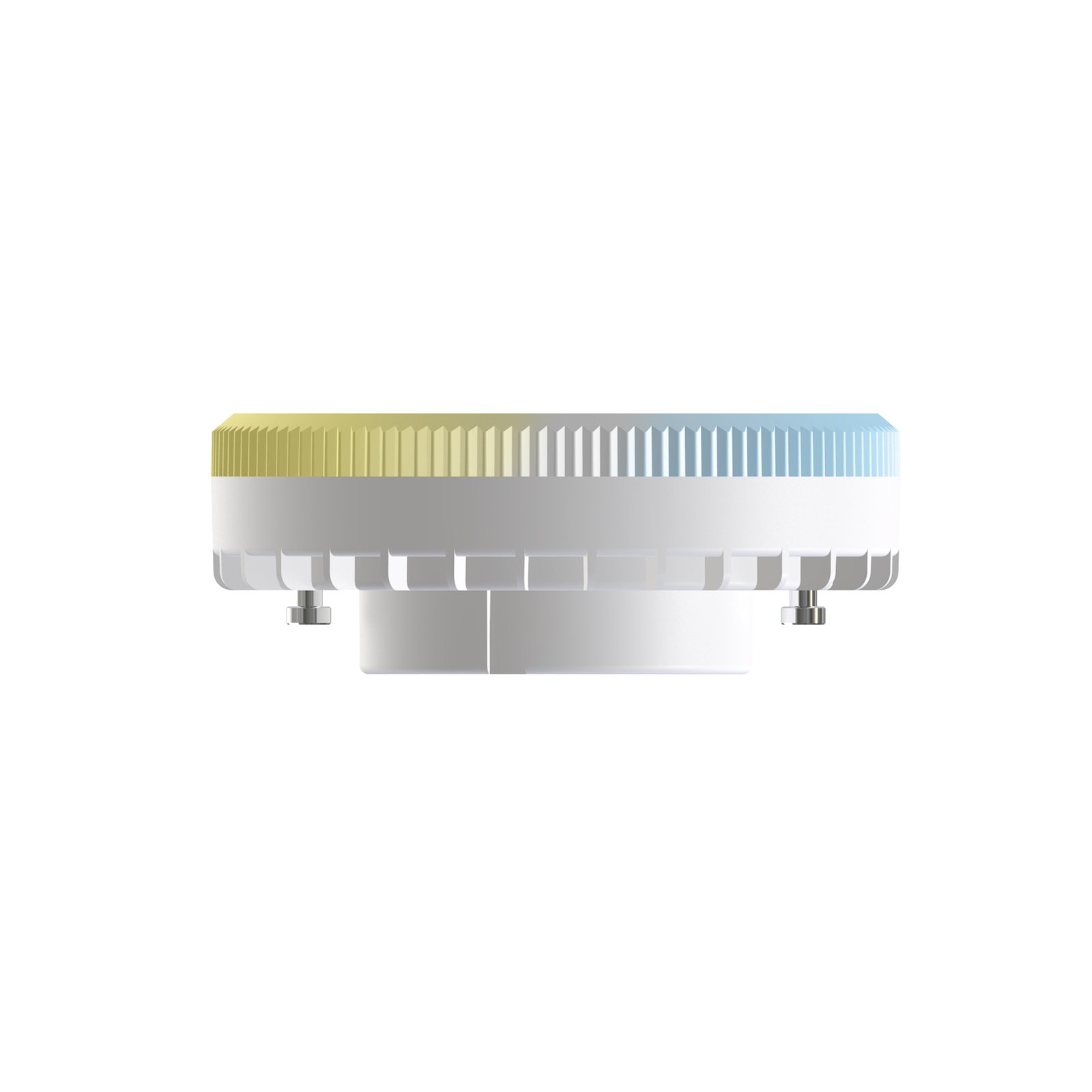
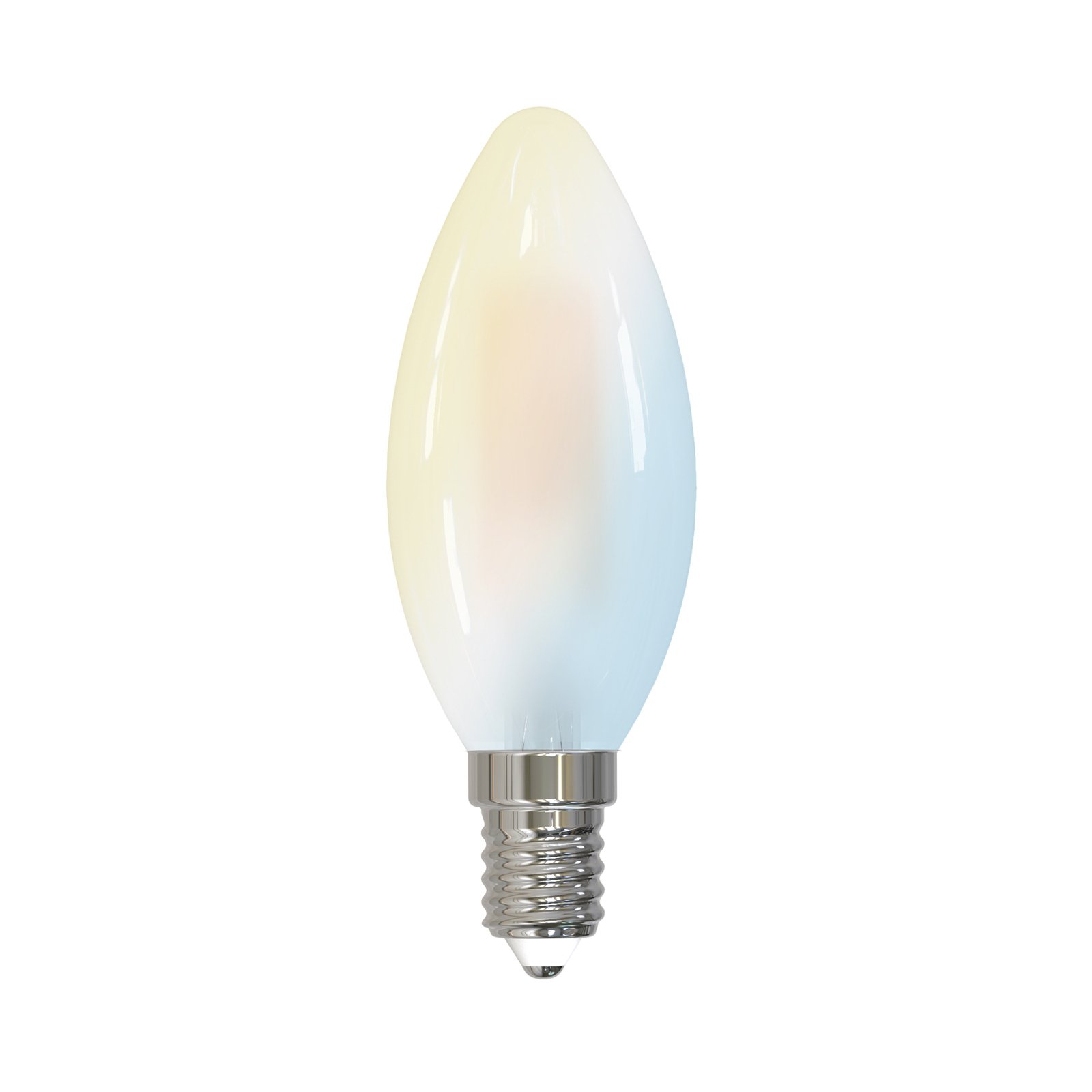
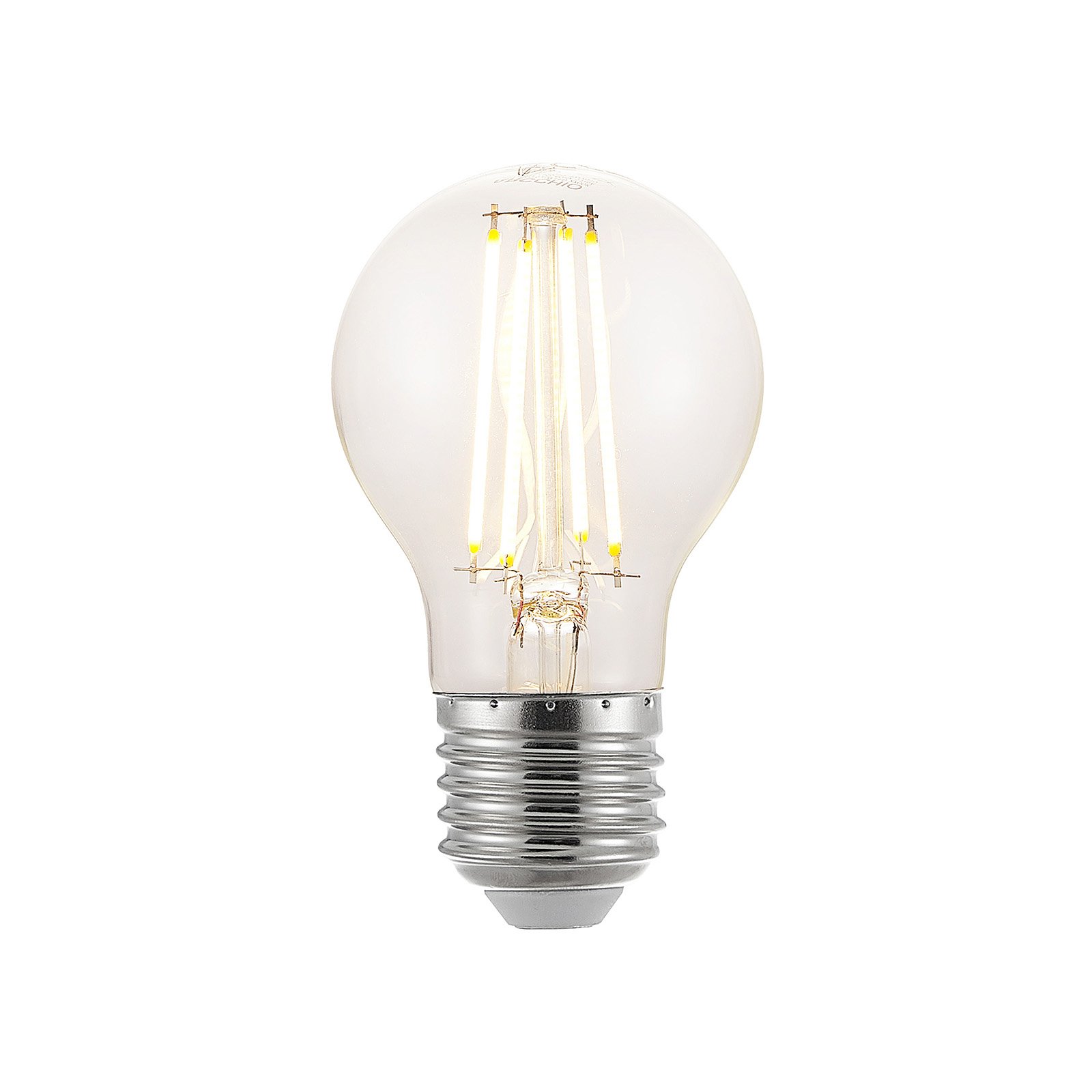
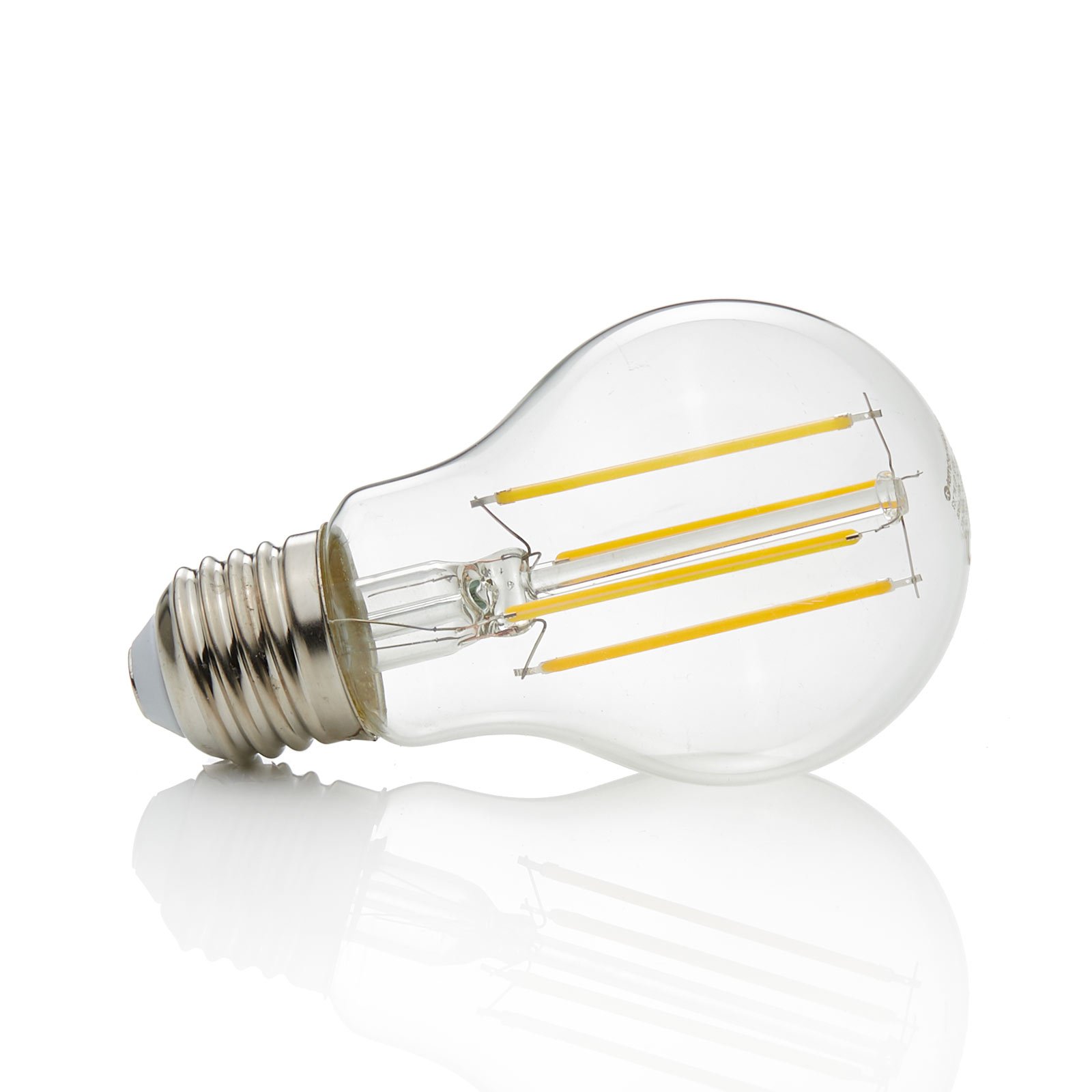
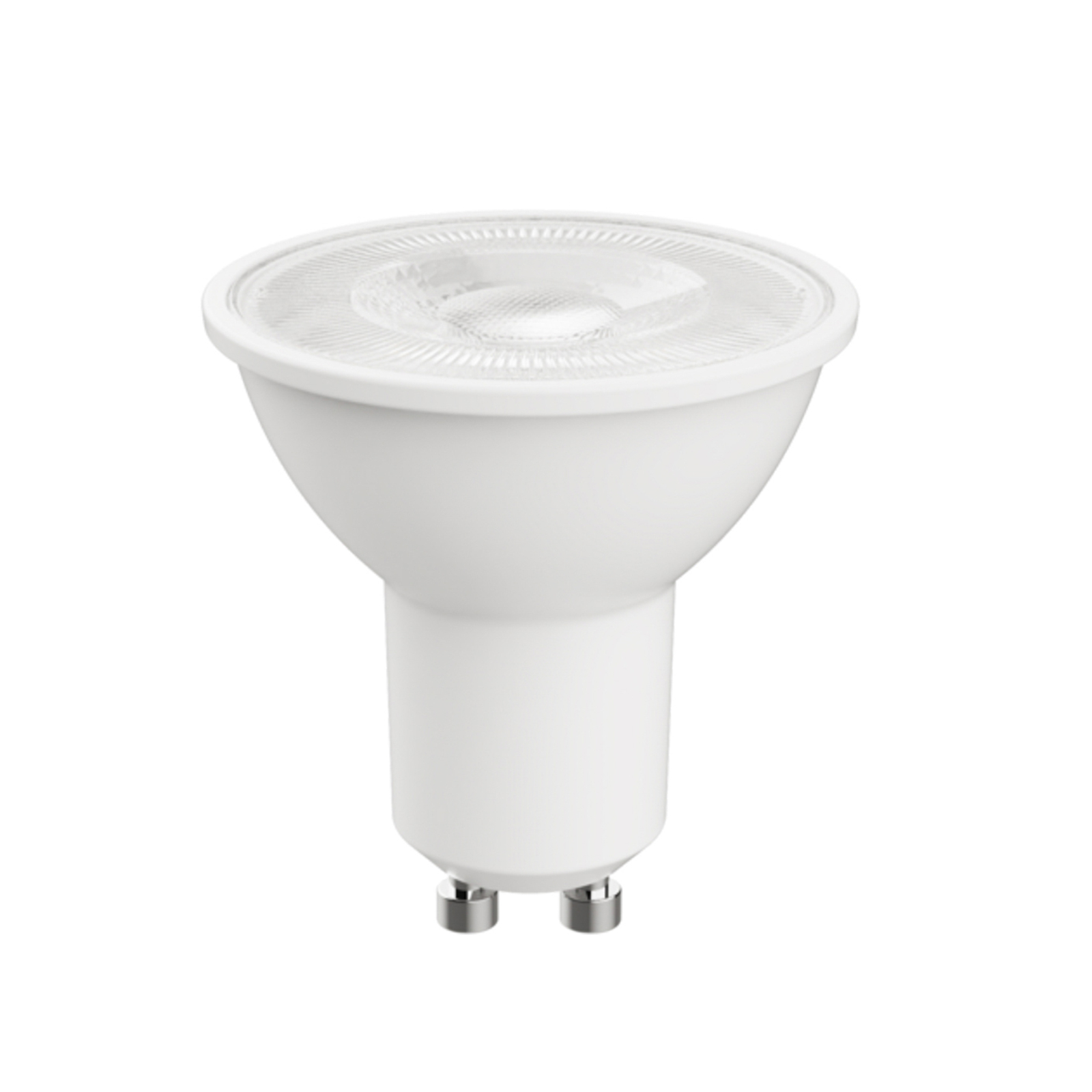
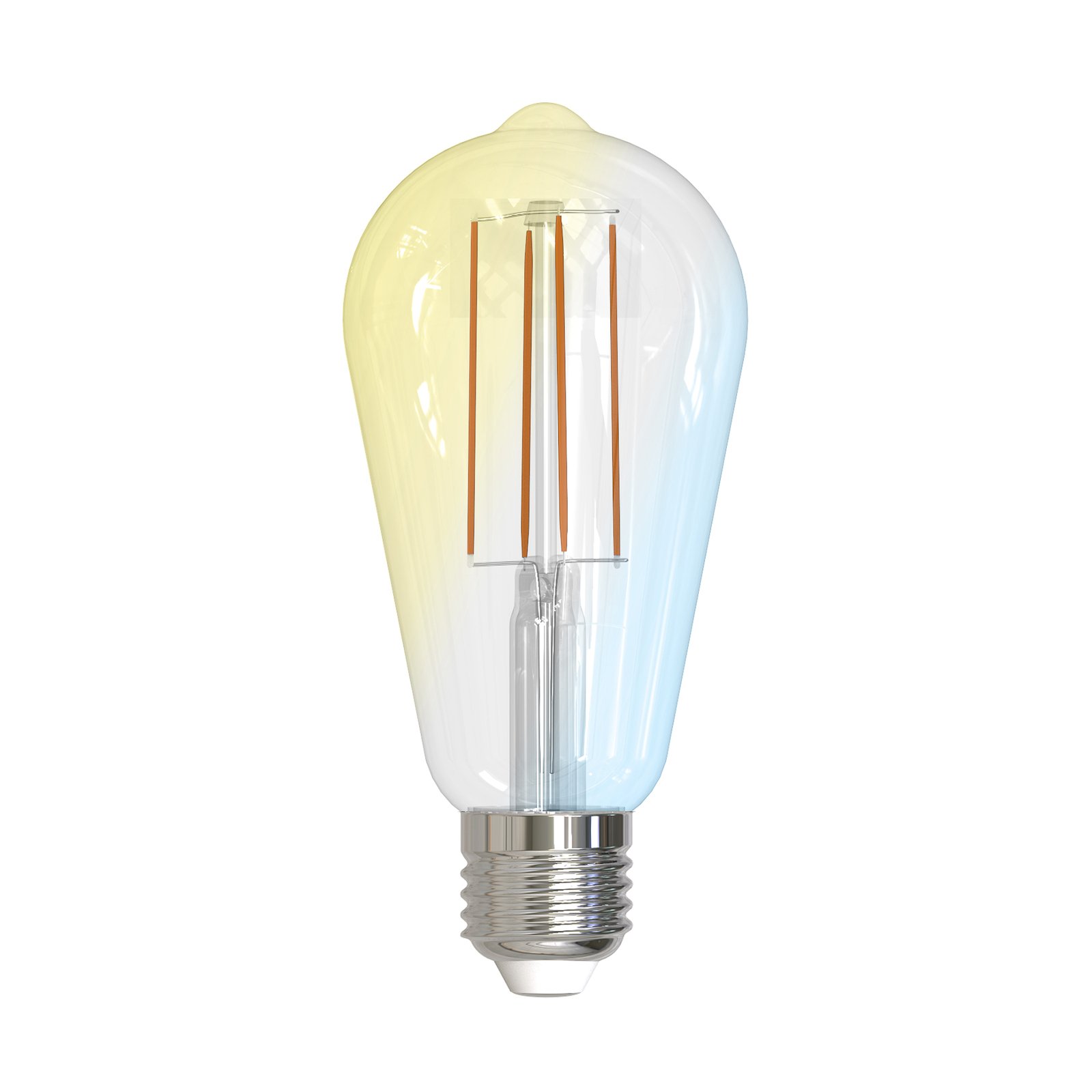
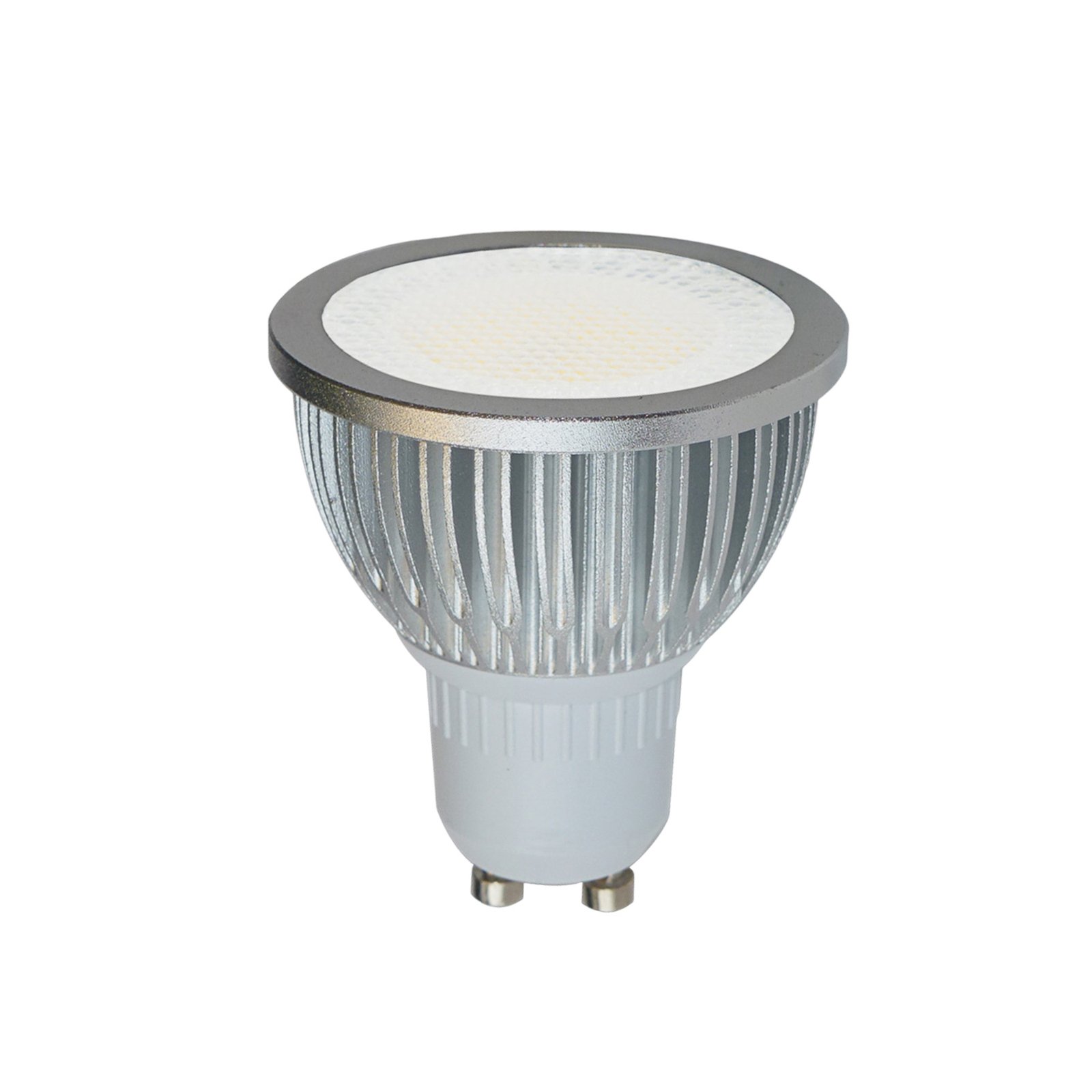
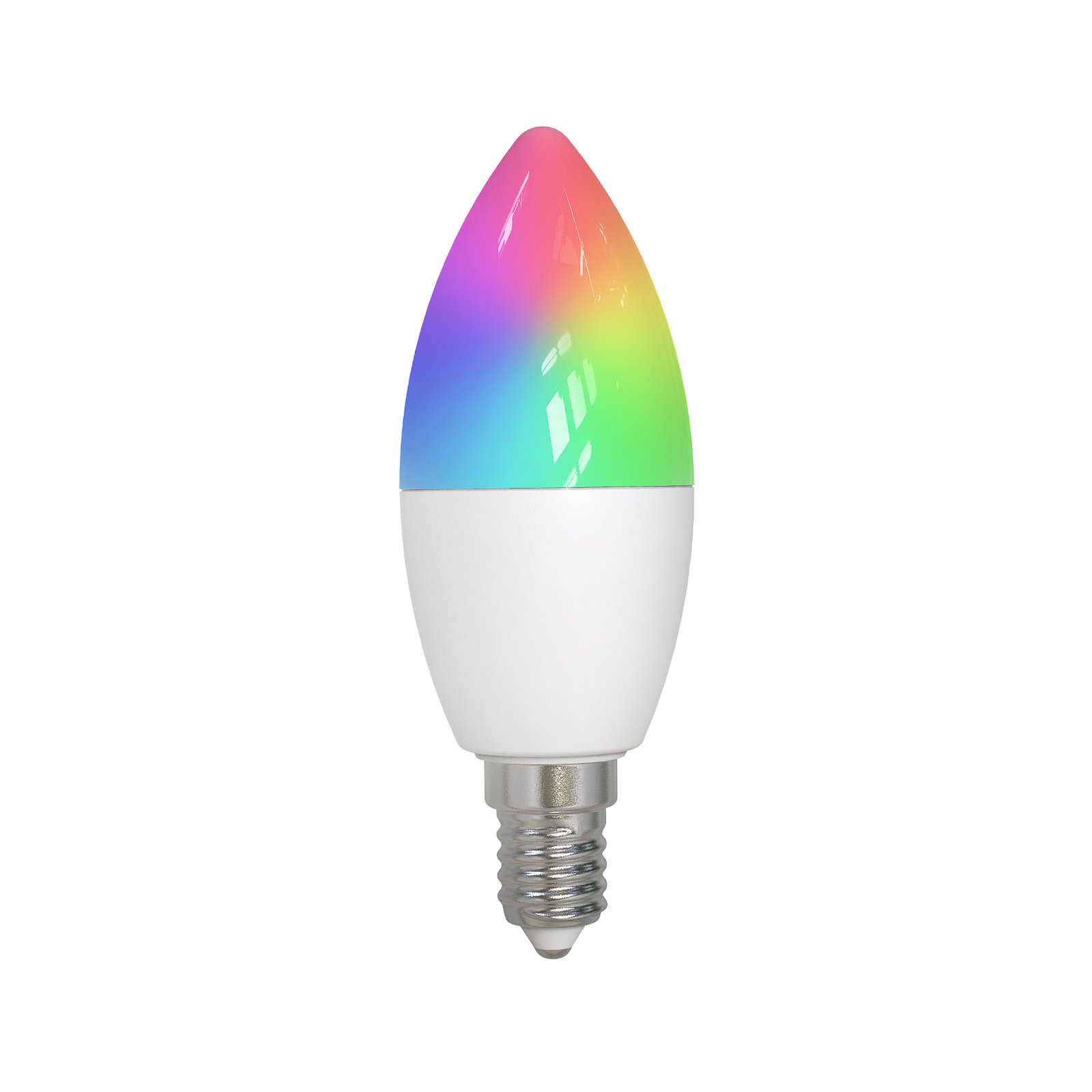
:format(jpeg))
:format(jpeg))
:format(jpeg))
:format(jpeg))
:format(jpeg))
:format(jpeg))
:format(jpeg))
:format(jpeg))
:format(jpeg))